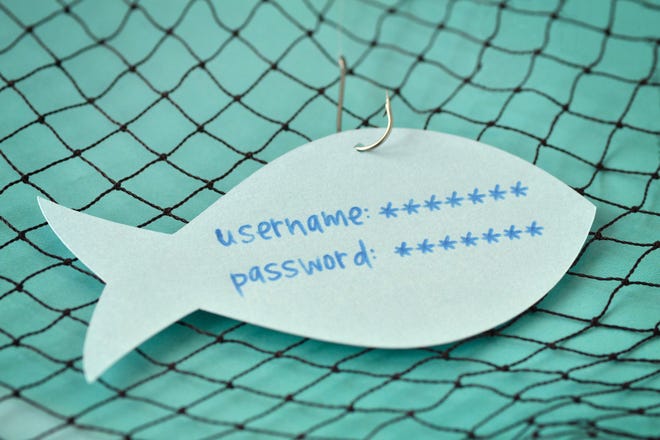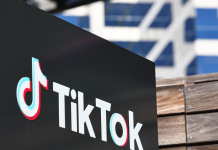
Beware COVID related e-mails, as they could really sting.
Researchers says emails with subject lines related to a coronavirus vaccine are being used to trick recipients into handing over personal information.
If you get an unsolicited e-mail promising a COVID vaccine, the hope from the hacker is for you to click on the link request in the body of the e-mail, which in turn would lead to the hacker taking control of your computer and gaining access to your info.
Should one of these e-mails arrive in your inbox, the savvy internet user knows not to click a link. But “I wouldn’t even open it,” says Mark Ostrowski, head of engineering for security firm Check Point Research.
It would be safer to just delete immediately, he says.
The e-mails Ostrowski caught instruct you to download malicious Windows, Word and Excel files. The attacks are aimed at Windows users and not the Apple computer community.
The good news: the actual numbers of Coronavirus related attacks are down, but overall malware and phishing attempts on multiple subjects are up, he says.
In July, Check Point researchers witnessed an average of 61,000 coronavirus-related attacks, compared to the weekly average of 130,000 attacks in June.
Hackers are now pushing all the usual buttons, with fake e-mails related to summer activities, the election and health to get non-savvy folks to open up and give away their credentials.
His words of advice: “The same as before,” he says. “Be vigilant about unsolicited e-mails.”
►Check the full email address on any message and be alert to hyperlinks that may contain misspellings of the actual domain name.
►Do not supply login credentials or personal information in response to a text or email.
Check Point found that 80% of the attacks are happening via e-mail, the preferred method of choice for hackers because it’s more economical than other phishing attempts and people respond.
But sadly, even the savviest of internet users have been stung by phishing attempts, including Amazon CEO Jeff Bezos and Hillary Clinton’s 2016 campaign manager John Podesta.











